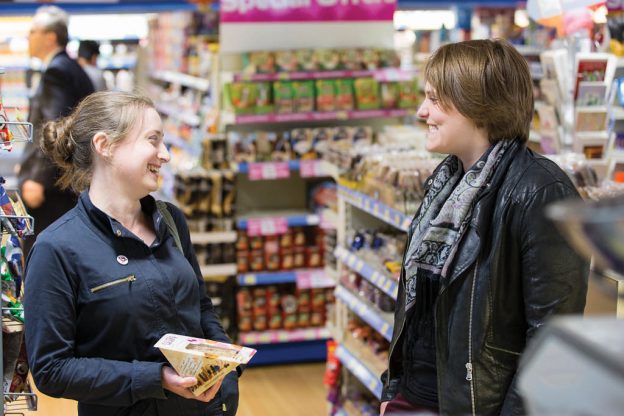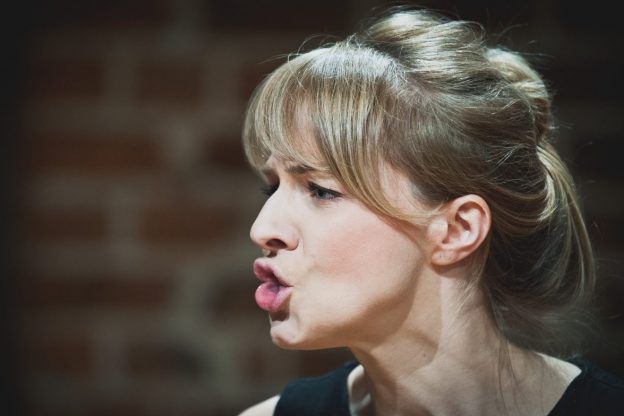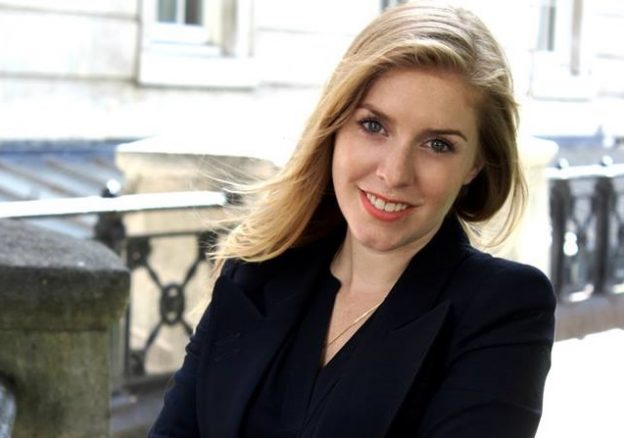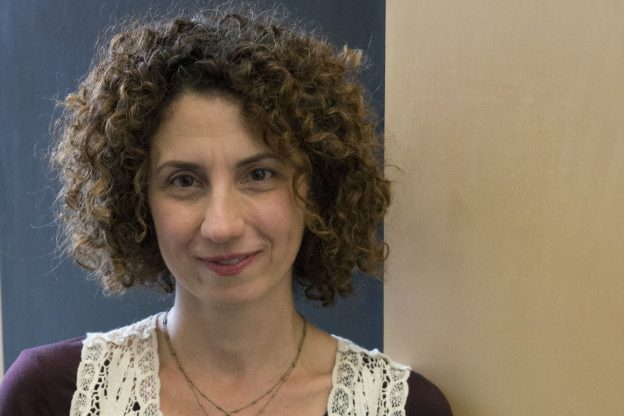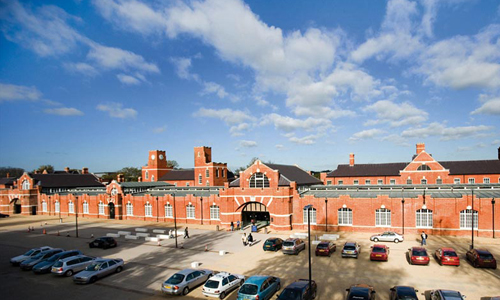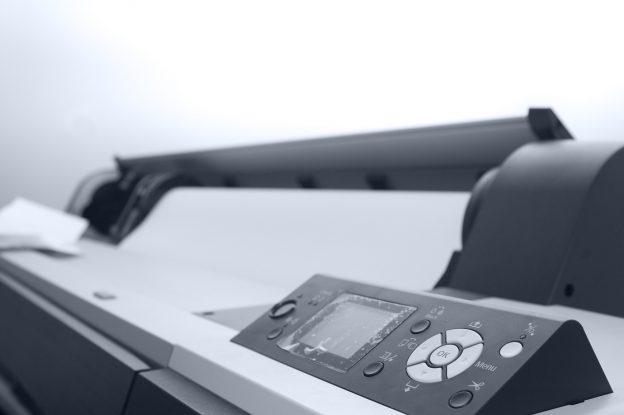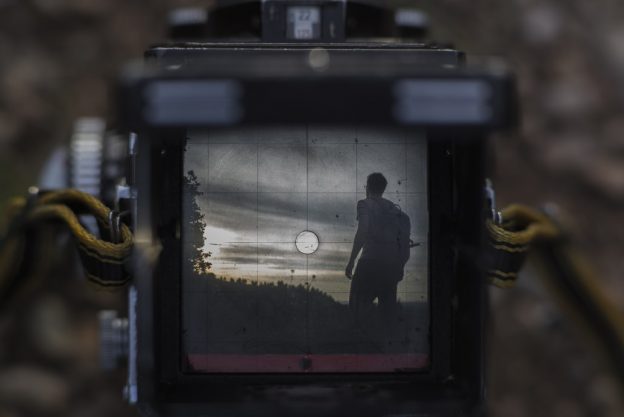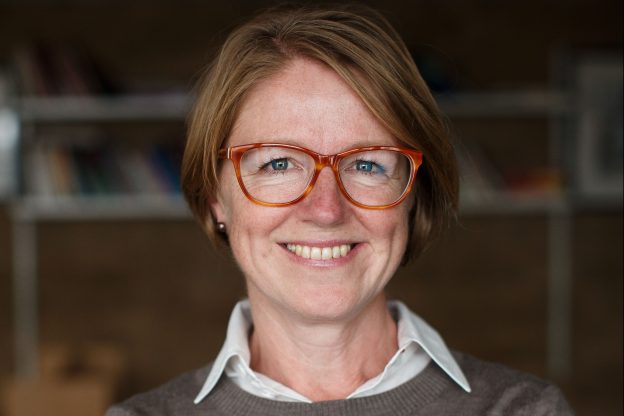The 2019 People and Planet University League published on Tuesday, saw the University of Kent establish itself in the top 40 of sustainable HE institutions, up a whopping 61 places from 101st last year.
The table compiled by student-led network People and Planet scores Universities out of 100 on criteria such as environmental audits and management systems, carbon management, sustainable food, student and staff engagement, and sustainability in teaching.
Building upon the Vice-Chancellor’s commitment to embedding sustainability across the organisation, staff and students have been working with the Sustainability Team on a huge range of projects and initiatives representing action against one or more of the Sustainable Development Goals.
Much of the improvement in the league table over the last year can be attributed to initiatives across 3 key areas:
Sustainable Food – The Sustainable Food Steering group developed and published the University’s first Sustainable Food Strategy in 2018. The strategy is a road map for increasing the sustainability of our food offering from field to fork and beyond, and was co-written by Kent Hospitality, Kent Sport, The Gulbenkian and the Estates Department, along with student and staff representatives.
Education for Sustainable Development – Work to promote the importance of embedding sustainability across the curriculum has been ongoing throughout the year. In March 2019, the Teaching Sustainability: Sustainable Teaching event, bought students and staff together to find out how this is approached at other Universities and to discuss how this could best be achieved at Kent. Next year the University will be running the NUS Responsible Futures programme which is a whole-institution approach to embedding social responsibility and sustainable across the formal and informal curriculum.
Student and Staff Engagement – 2018/19 has seen the first full year of the innovative FutureProof programme, which helps staff and students to deliver a University of the future by challenging departments and individuals to review their impacts against the Sustainable Development Goals. Futureproof represents an innovative approach to engagement at Kent as students and staff, especially within academic schools, are encouraged to work together to identify areas to focus efforts and plan projects and initiatives.
For more information about Sustainability at Kent, download our annual report and for details of how to get involved please visit the Sustainability Webpages or contact Catherine or Emily at sustainability@kent.ac.uk.

